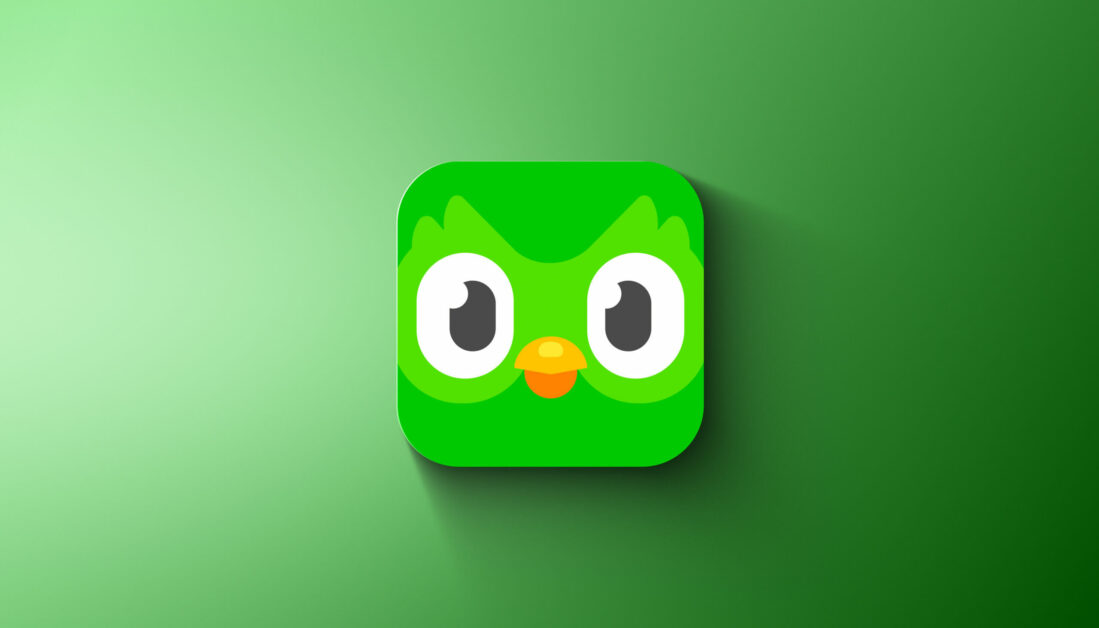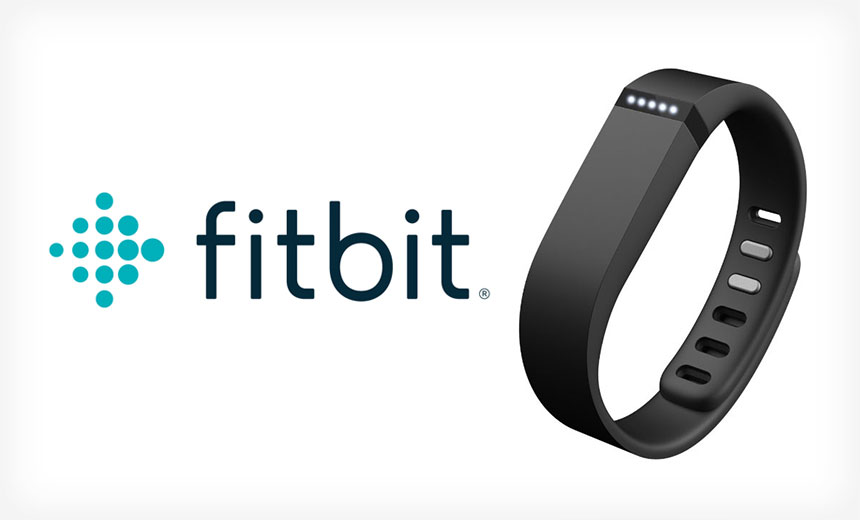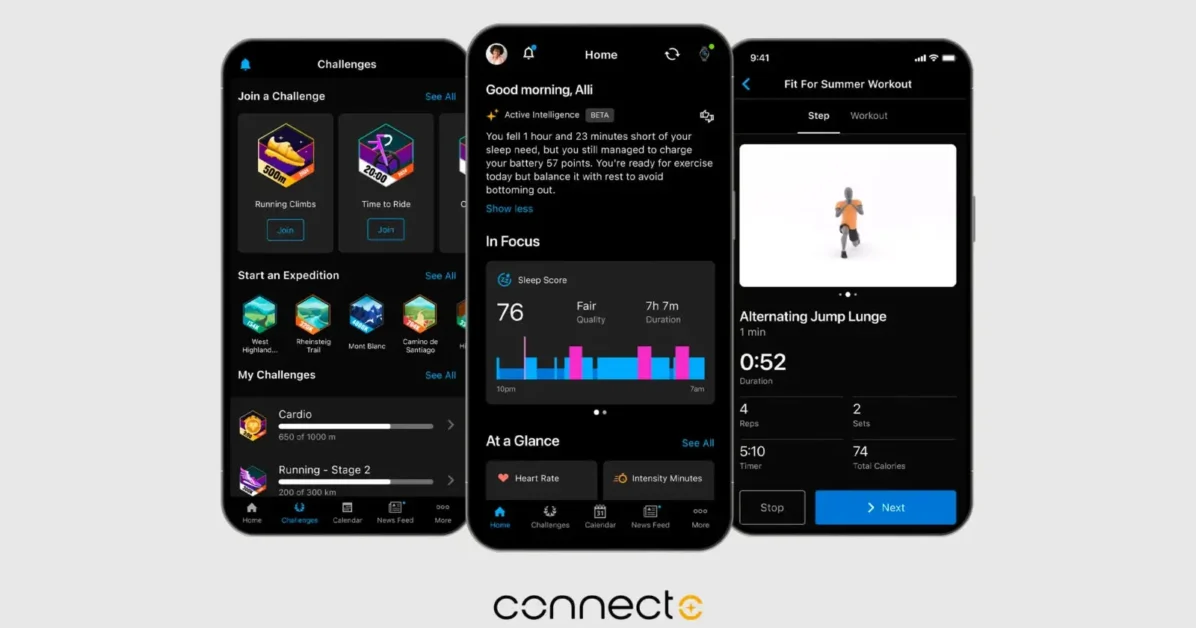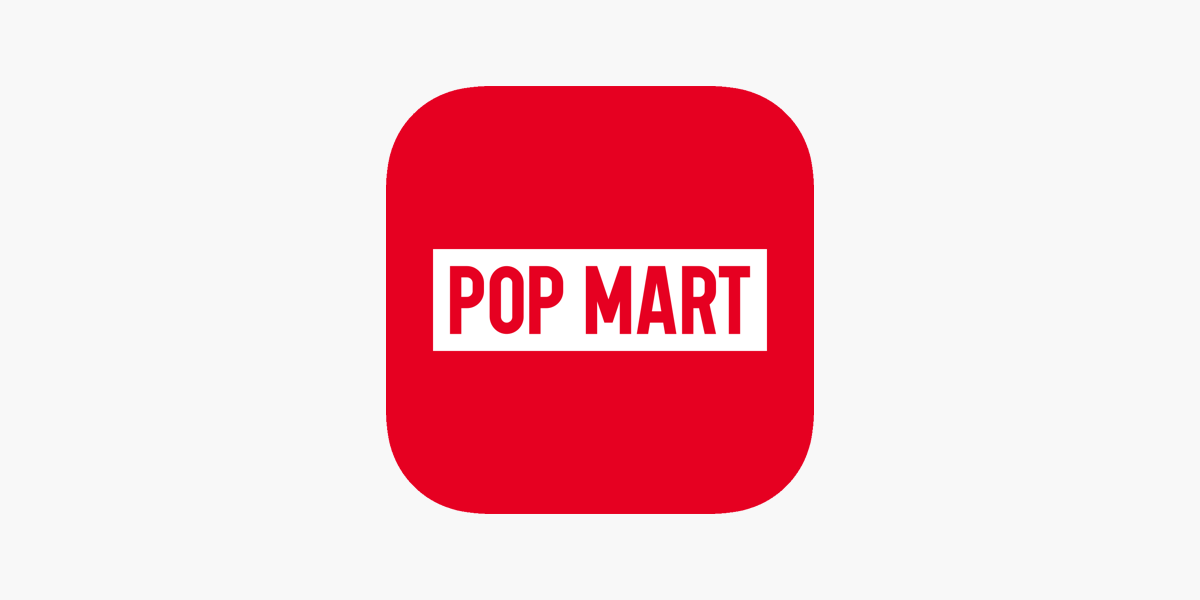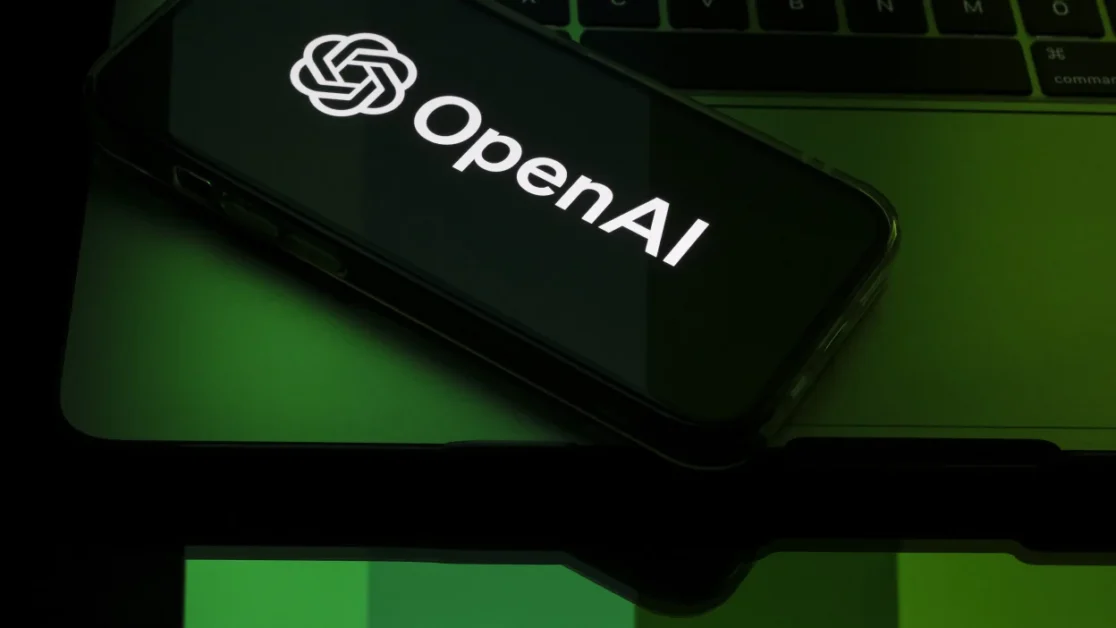The growing concern about AI replacing human workers is becoming a reality for many — and now, Duolingo is taking a step in that direction. The language-learning company has announced plans to gradually replace many of its contract workers with artificial intelligence in order to expand its global services more efficiently.
Duolingo CEO Luis von Ahn addressed employees about the shift, stating that the scale of content needed to effectively teach millions of users is too large to achieve manually. “Without AI, it would take us decades to scale our content to more learners,” he explained in an internal memo reported by The Verge. “We owe it to our learners to get them this content ASAP.”
To support the transition, Duolingo is introducing a set of “constructive constraints.” These include phasing out contractors who handle tasks that AI can manage, prioritizing AI literacy in new hires, and making AI usage a factor in performance evaluations. Teams will also need to show they’ve automated as much work as possible before requesting new hires.
Von Ahn clarified that the move isn’t intended to reduce full-time employee numbers — known internally as “Duos” — but to eliminate operational bottlenecks. The goal, he said, is to free up internal teams so they can focus on higher-value creative work rather than repetitive tasks.
This strategy mirrors a broader trend across the tech industry. In March, IBM announced plans to eliminate 9,000 U.S. jobs in 2025, part of a larger initiative to replace nearly 8,000 administrative roles with AI over five years.
British telecom company BT also joined the AI transition, revealing in 2023 that it plans to cut 55,000 jobs by 2030 — with AI expected to account for around 10,000 of those reductions, particularly in customer support and network operations.
A ResumeTemplates.com survey adds context to this shift, revealing that 30% of companies replaced staff with AI in 2024, and 38% intend to do so in 2025. What was once theoretical is now rapidly reshaping the structure and strategy of many companies.
Von Ahn likened Duolingo’s current AI push to its strategic bet on mobile more than a decade ago. In 2012, the company prioritized a mobile-first approach when many others were still focused on desktop platforms. That decision led to Duolingo being named Apple’s iPhone App of the Year in 2013 — and the company hopes the AI move will be equally transformative.
The announcement from Duolingo closely follows a similar directive from Shopify CEO Tobi Lütke, who recently instructed teams to justify why they couldn’t use AI to achieve goals before requesting additional support.
For users, Duolingo promises that the shift will mean faster rollout of new content and features — including the recently teased “Video Call” function, which would have been difficult to implement without AI. However, it remains to be seen whether AI-generated lessons will match the quality and nuance of those developed by human educators.
- Facebook Quietly Expands Downvote Button Test for Comments - June 24, 2025
- Instagram GIFs Return, But Only the Boring Ones - June 24, 2025
- Waze: What It Is, How It Works, and Why Drivers Love It? - June 24, 2025
Discover more from Techy247
Subscribe to get the latest posts sent to your email.

